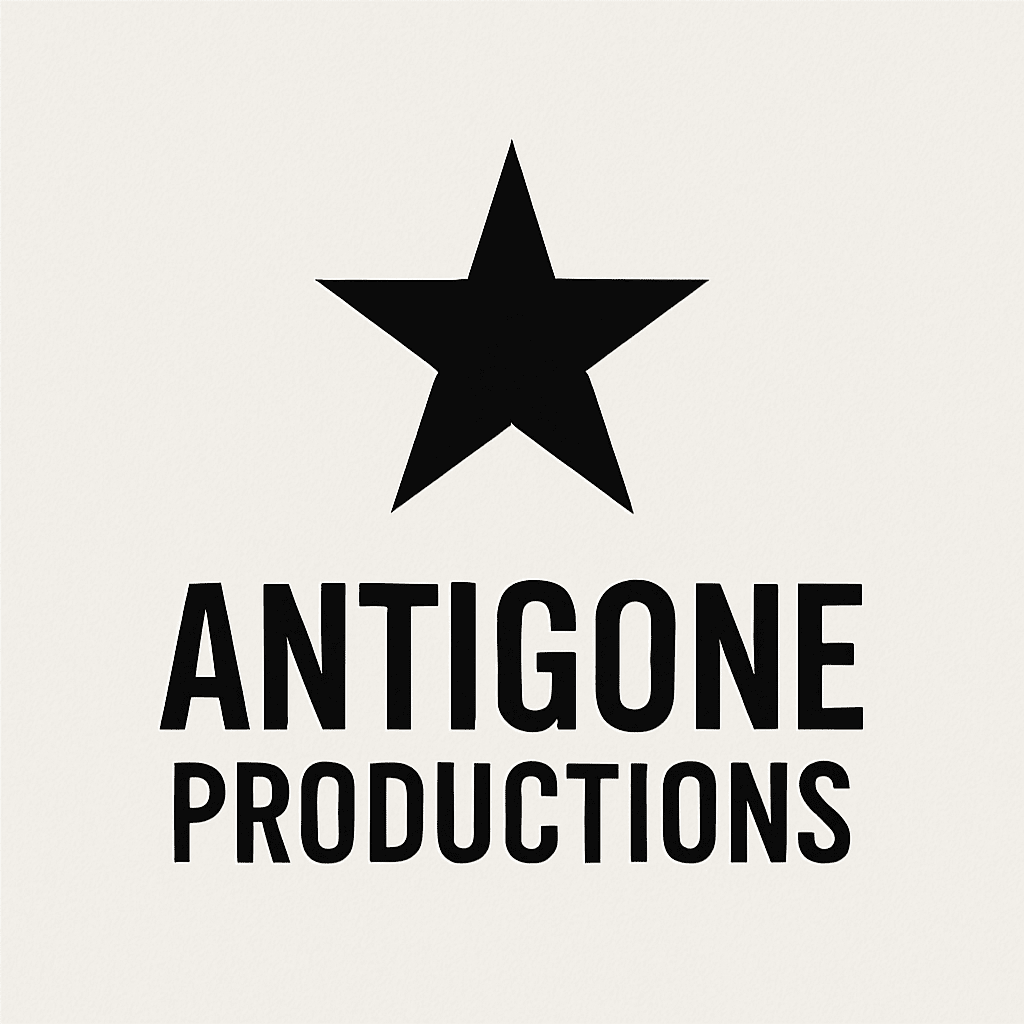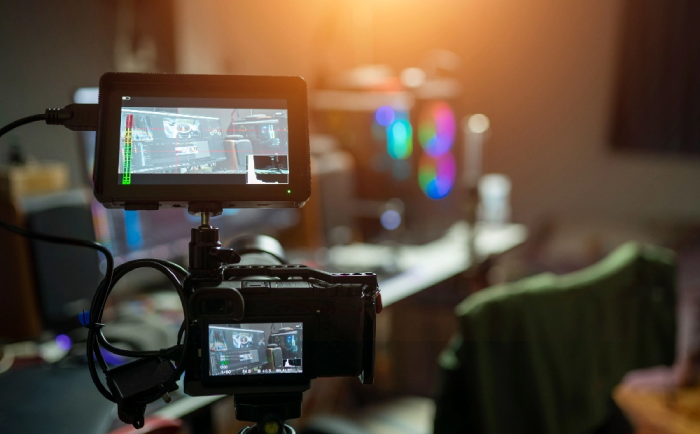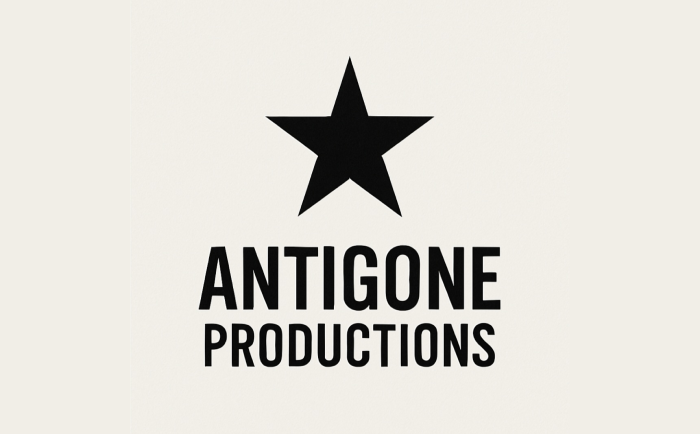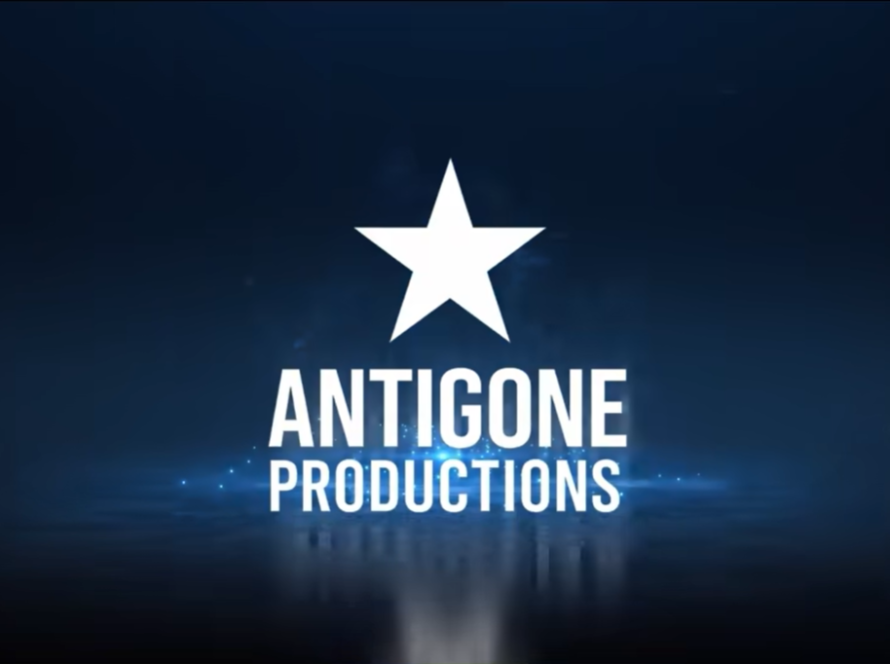Every writer knows the moment — when the story in your head feels bigger than the words on the page. You can see the ending, but suddenly the road there doesn’t look so clear. This is about what happens next.
When You Hit a Dead End (That Isn’t Really a Dead End)
There’s a certain kind of dead end that only creative people understand. Not the hopeless kind — not the “I’ve got nothing” kind — but the quieter one. The one where you do know where you’re going, you can see the destination, but suddenly the road ahead starts to crumble. You’ve got momentum, heart, and purpose… but something about the path doesn’t feel right. That’s the kind of dead end that makes you stop, stare, and wonder — Is this really the way?
Every writer knows that feeling. That flicker of doubt that shows up right after the rush — the morning after the creative high. You’ve just blasted through pages of brilliance, riding that perfect current where everything clicks. The words are electric, the dialogue sings, the story practically writes itself. For a few golden hours, you’re untouchable.
And then you reread it. The magic fades just enough for reality to sneak in. Suddenly, the dialogue that felt alive last night sounds a little forced. That perfect third act twist? Maybe not so perfect. You start circling flaws like a detective at a crime scene — smudged fingerprints, missing pieces, a trail that doesn’t quite add up.
That’s where second-guessing becomes your co-writer. No matter your process — whether you outline like a military strategist or wing it like a jazz musician — you always hit that crossroads where instinct meets introspection. I call it quality control. I reread, rewrite, rethink — sometimes obsessively — because I’m terrified of leaving the soul of the story buried under lazy phrasing or predictable moments. I want every beat to pulse, every word to feel earned.
But here’s the curse: we’re terrible at catching our own mistakes. When I reread my work, I’m not really reading what’s there — I’m reading what’s in my head. The story plays out perfectly in my imagination, and my brain politely fills in the blanks for everything I forgot to put on the page. It’s only when someone else reads it that the silence between the words becomes obvious.
That’s why finding an honest reader — one who doesn’t sugarcoat, one who isn’t afraid to tell you when you’ve drifted — is pure gold. They’re rare. Brutal honesty wrapped in empathy is a hard combination to find. But when you do, hang on to them. Protect that relationship. They’ll see what you can’t. And if they’re open to new work, maybe send them my way.
When I don’t have that voice in my corner, I turn to tools. MovieMagic has this “read-aloud” feature — basically a robotic table read — and it’s been a quiet game-changer. Hearing your words stripped of emotion and nuance exposes everything. The pacing. The rhythm. The moments that fall flat. It’s like watching a rough cut of your own movie: all the potential is there, but so are the seams.
And here’s the thing — I think I’m a good writer. Maybe even a great one on the right day. But I’m also my toughest critic. I’m always chasing a standard that may not even exist — a scene that plays so vividly in my mind that no version on paper ever feels like enough. Maybe that’s what keeps us going: that hunger to close the gap between imagination and execution.
Because in this game, success comes in stages. Representation is one victory. An option is another. Selling a script — that’s a milestone. But seeing your work produced, watching your story flicker to life on a screen — that’s the summit. That’s the moment when all those late nights, rewrites, and internal arguments finally pay off.
So yeah, let’s aim for that. Let’s stop worrying about perfect roads and start blazing new ones. Let’s wrestle with our stories until they breathe, until they move, until they remind us why we fell in love with this insane, beautiful process in the first place.



